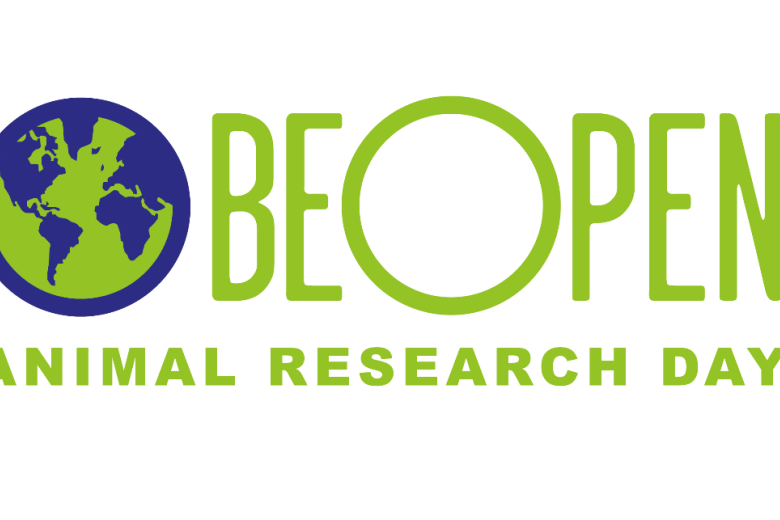10
feb
Zoekresultaten
Follow-up Virtual Experience Day EPH
Thank you for taking part in our Virtual Experience Day for the bachelor's in European Public Health (EPH)!
It's time now to look back at last Wednesday and forward to your future!
We start with working out the PBL case COVID-19: Game Changer in Europe, which you discussed on Wednesday.
Then we...
Follow-up Virtual Experience Day ITM
Thank you for taking part in our Virtual Experience Day for the bachelor's International Track in Medicine (ITM)!
It's time now to look back at last Wednesday and forward to your future!
We start with working out the PBL case A fresh nose, which you discussed on Wednesday.
Then we offer you some...
- summary_2019_-_valorisation_addendum_workshop_3.pdf (829.95 kB, PDF)… science Valorisation - definition Knowledge valorisation refers to the “process of creating value from knowledge, by making knowledge suitable and/or available for social (and/or economic) use, and by making knowledge suitable for translation into competitive products, services, processes and new commercial activities” (adapted definition based on the National Valorisation Committee 2011:8) Knowledge Transfer Office (KTO) – Creating value from science Why valorisation at a university? The … from science Questions to think about in research: • Why is your research useful for society? • What makes your research unique? • Who (outside the academic world) might have an interest in (or could benefit from) your findings? • What can YOU do to contact / reach this audience / target group / stakeholder? • How are you going to do this? Goal: Create more societal impact with your research! Knowledge Transfer Office (KTO) – Creating value from science What the university expects Five questions … is it to adress this challenge? Knowledge Transfer Office (KTO) – Creating value from science Target group(s) / Stakeholders • Who is / could be interested in your research? • Who could benefit from your research? • Who are these people in general / where do they work? Name them! • Do you know them? Contact them! • Involve them at an early stage in your research (proposal) • Also think about internal stakeholders (research group, other disciplines/faculties, support staff) Knowledge Transfer …
- friday_fortnightly_week_14_ed._9.pdf (293.99 kB, PDF)… Serving innovative start-ups pro-bono with the wisdom of intellectual property laws FRIDAY FORTNIGHTLY: THE IP & COMPETITION NEWSLETTER (ED. 2021 WEEK 14 NO. 9) Dear Readers, In this edition, you will find an overview of the key developments in Competition, Copyright, Patents and Trademarks for March & April 2021. The Innovation Legal Aid Clinic’s (TILC) information initiatives - Friday Fortnightly and IP Talks - are open to contributions by … unrelated matters. Thus, Article 11(6) of Regulation 1/2003 could not be triggered, as the provision requires that the procedures be identical. The ECJ clarified that the principle of ne bis in idem remains inapplicable in the following cases – first, where there exist two independent and separate procedures by the Commission and the National Competition Authority (NCA), and the conduct concerns distinct relevant product or geographic markets, or second, whereby the NCA “is relieved of its …
- quality assurance - Statistics checklist Feb2021.pdf (309.51 kB, PDF)… not provide any guidelines for studies involving small-scale in-depth interviews, systematic reviews, or philosophical studies. Further, this checklist serves as an aid in the design and analysis of quantitative studies, not as a mandatory tool. The recommendations in this list are based on decades of broad experience in statistical consultancy and analysis, but can be discussed with a member of the Methodology & Statistics dept. in case of doubt (for details of whom to contact then, see https://stat.mumc.maastrichtuniversity.nl/consultancy ). Finally, until further notice, statistical quality control is no part of the audits of research quality in CAPHRI. The checklist below has three parts: design, analysis, sample … a treatment effect and confounding effects (for details, see e.g. Rosenbaum (1995). Observational Studies. New York: Springer; and Van Breukelen, J Clin Epid 2006 page 925, Multivar Behav Res 2013 page 916). 8) Interim analyses in RCTs: In RCTs where participants are enrolled sequentially, interim analyses of the available results after a certain % of the planned sample size has been obtained can help to decide whether to continue or to stop recruitment of participants (patients). Such …
- new annual report 2023.pdf (9.49 MB, PDF)… 4 4. Campus Brussels mission ...................... 6 5. Activity overview..................................... 7 6. Looking ahead ......................................... 19 Contents 1 Thank you for reading our latest annual report. In it, you will find the highlights of what has been a fantastic academic year. As we leave behind two academic years of intermittent closures due to the pandemic, we have been delighted to see the enthusiasm with which the UM community and our international partners have returned to having face-to-face interactions at Maastricht University Campus Brussels. We are steadily returning to business as usual. Even as online and hybrid interactions are here to stay, especially … https://www.maastrichtuniversity.nl/research/maastricht-sustainability-institute-msi As an Embassy, Campus Brussels also nurtures UM’s Brussels-based community. This is achieved through regular contact with students, staff and alumni but also through dedicated campaigns, such as with the podcast series ‘Stories from Brussels’. In 2021-22, Campus Brussels recorded three episodes of the podcast, which featured UM lecturers, researchers, PhD …
